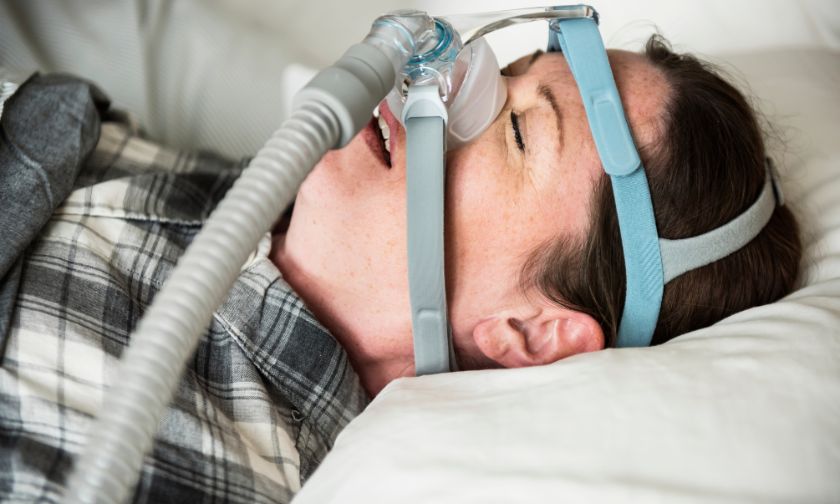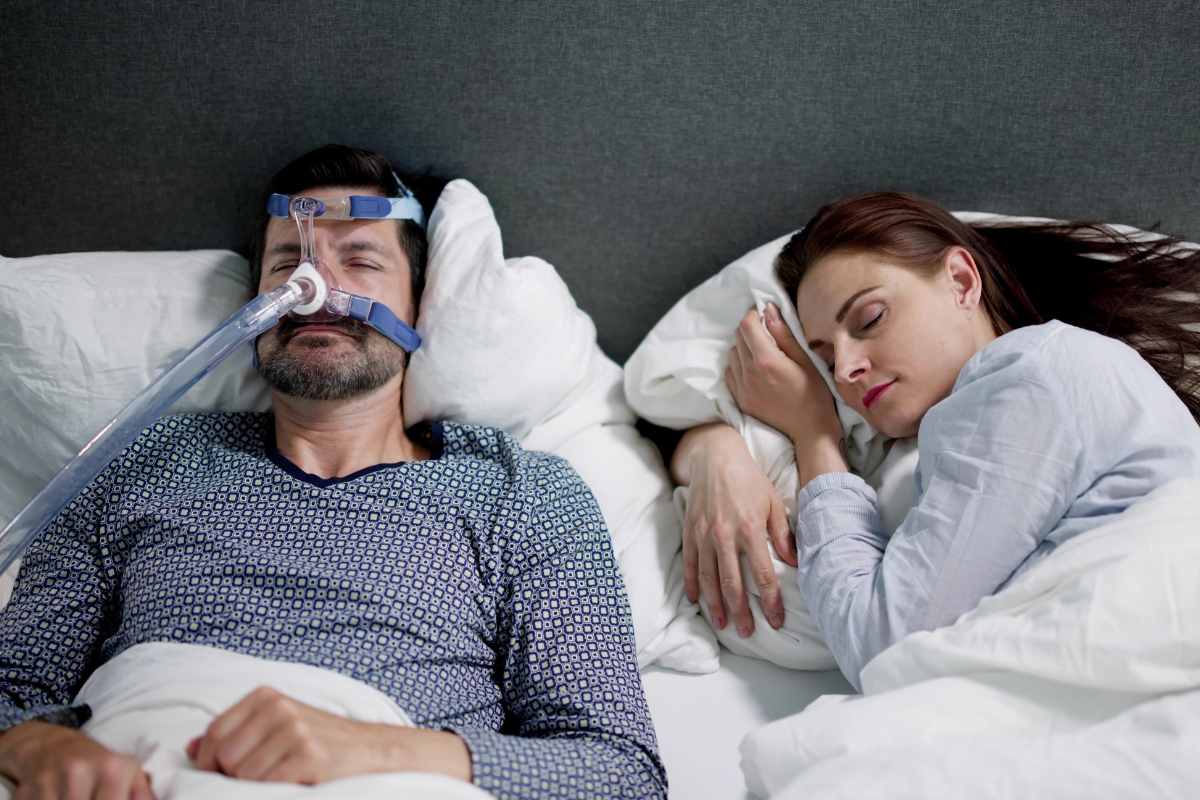The Link Between Sleep Apnea and Diabetes

Millions more are sleeping (or trying to sleep) while not yet diagnosed with either sleep apnea or diabetes, and they don’t notice how the two might be related in delicate ways. Sleep apnea stealthily interrupts breathing at night, and diabetes changes blood sugar levels every day. Together they form a vicious circle that leads to escalating health threats and permanent disabilities.
Invisible symptoms might be sneaky, but they can drive a deadly disease if left unaddressed. In this blog, we examine the relationship, explain why it’s risky, and go over how sleep apnea is treated.
What Is Sleep Apnea?
Sleep apnea is a medical disorder in which breathing repeatedly stops and starts during sleep. The most common variety of the condition, Obstructive Sleep Apnea, occurs when muscles lining the airway collapse and block airflow. Central Sleep Apnea is when the brain doesn’t send good signals to the muscles you use to breathe. Combined sleep apnea, where the two overlap, is an even larger burden.
In untreated apnea, aside from snoring, oxygen levels fall, the heart is tiring, and metabolism gets crushed. Treatment of sleep apnea earlier leads to better sleep, flow, and health in the long run.
What Is Diabetes?
Diabetes is a long-term condition in which the body does not regulate blood sugar well. Type 1 diabetes occurs when the immune system attacks cells in the pancreas that generate insulin. Type 2 diabetes develops when the body becomes resistant to insulin or is unable to make enough of it.
Managing blood sugar impacts the health of the heart, kidneys, and circulatory system. Resistances to insulin are the hallmark of Type 2 that impose far-reaching health consequences.
Successful treatment includes diet, exercise, medications and sometimes working with sleep apnea treatment in Rocklin.
How Is Sleep Apnea Associated with Diabetes?
Sleep apnea reduces oxygen and disturbs sleep. As a result, it produces a drastic increase in insulin resistance. Disturbed sleep induces stress hormones like cortisol and adrenaline, further degrading glucose control. Chronic stress raises blood pressure and disrupts long-term metabolic control.
Weight gain associated with diabetes often exacerbates apnea further by decreasing airway diameters. Neuropathy and systemic inflammation that follow diabetes also increase the severity of apnea.
Care that combines blood sugar control and sleep apnea treatment has compelling benefits. Treatment together decreases risk and quality of life significantly.
Dangers of Ignoring the Connection
Sleep apnea raises the risk of Type 2 diabetes by altering the body’s metabolism. Patients who ignore both have higher risks of stroke and heart disease. Kidney problems typically occur more quickly without treatment of sleep apnea. Fatigue, depression, and forgetfulness reduce productivity and quality of life.
Early detection and sleep apnea treatment in Rocklin prevent these escalating health hazards. Neglect of the relationship may shorten lifespan and bring undue suffering.
What to Watch Out For
Loud snoring is often a sign of airway obstruction and possible sleep apnea. Choking or gasping during sleep is a precursor to apnea attacks. Morning headaches or persistent dry mouth indicate poor sleeping. Uncontrolled blood sugar despite good medication shows a hidden complication.
Treatment for sleep apnea and early medical examination are crucial for better outcomes.
Sleep apnea and diabetes impact each other and worsen health unless addressed. Learning how they interact empowers the patient to remain healthy and prevent complications. Assessment guarantees proper diagnosis, management, and prompt treatment of sleep apnea.
Improved sleep and controlled glucose levels can alter long-term health and energy. If you or someone is having trouble, speak with us today.



